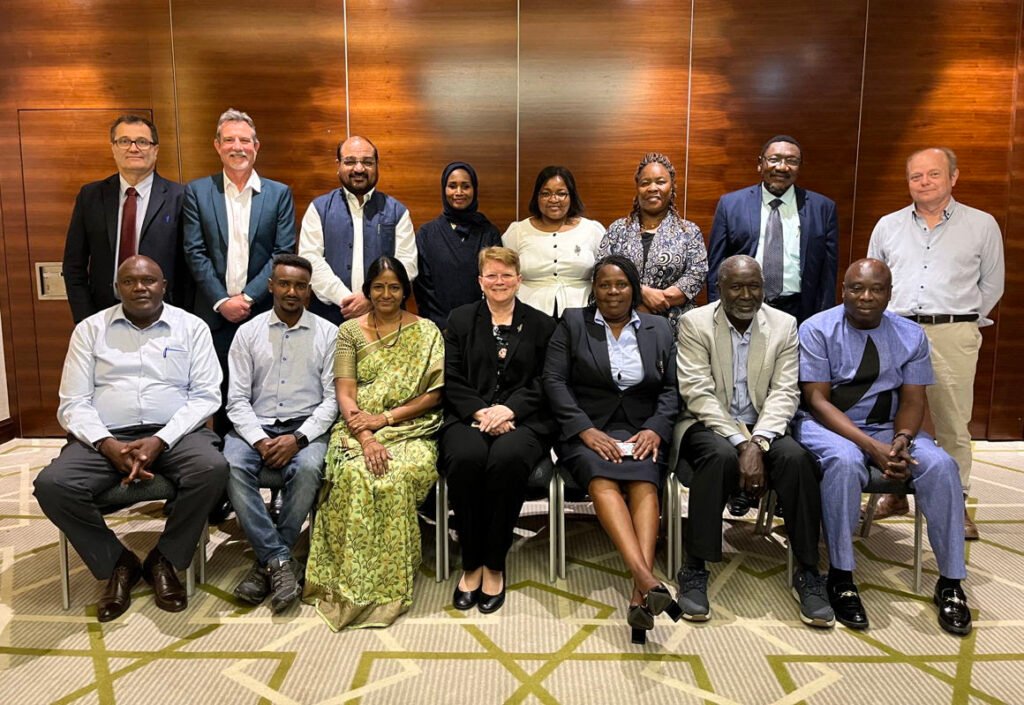Global South Millet Convening Charts Action Plan Beyond IYM2023

Agricultural leaders, policymakers, and high-level representatives from the global south gathered in Dubai, United Arab Emirates, from 25-26 March 2024, to chart a course for collective action beyond the International Year of Millets 2023 (IYM2023).
Millets, hailed for their climate resilience and nutritional density, have garnered global recognition as a crucial component in the fight against food insecurity and environmental degradation, providing hope to the 2.1 billion people who live in the arid regions of Asia and Sub-Saharan Africa.
High-level representatives from leading millet-producing countries in the global south including India, Mali, Nigeria, Niger, Kenya, Zimbabwe, Ethiopia, and Malawi, alongside prominent organizations such as the International Crops Research Institute for the Semi-Arid Tropics (ICRISAT), the Food and Agriculture Organization (FAO), the International Center for Agricultural Research in the Dry Areas (ICARDA), the International Center for Biosaline Agriculture (ICBA), and the Indian Institute of Millets Research (IIMR), came together to devise strategies for strengthened collaboration under a shared vision of resilience for the drylands.
Director General of ICRISAT, Dr Jacqueline d’Arros Hughes, said the elevated level of representation and engagement from all participants during the two-day session augurs well for the future of millets.
“It is important that we build on the momentum and legacy of the IYM2023 to ensure the world has access to millets, which are Smart Food with the ability to feed and nourish the planet amid growing global populations, increasing temperatures and climatic events,” Dr Hughes remarked.
“I thank all stakeholders who made the effort to attend and actively participate in these two intensive days of strategic planning, knowledge sharing and deliberations. Together, we have laid the groundwork for sustained progress in millet promotion and adoption in the global south,” she added.
Key outcomes of the meeting included the development of plans for establishing Centers of Excellence on Millets in major millet-producing countries. Centers are envisioned to serve as hubs for innovation, research, and knowledge exchange, driving sustainable crop production, resilient value chains, and broader consumer access to affordable and nutritious millet-based diets.
The convening also served as a platform to reaffirm a shared commitment to achieving the Sustainable Development Goals in the global south, particularly by supporting food security, poverty eradication, and environmental sustainability.

